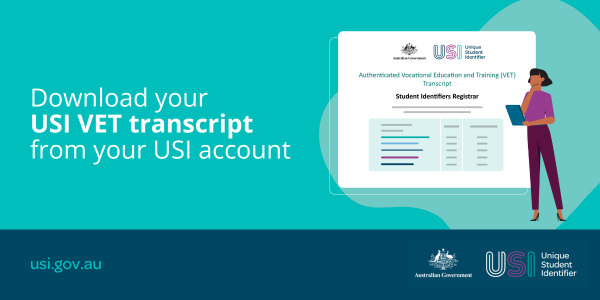This paper is a Global Inventory of National and Regional Qualifications Frameworks which was developed by range of European agencies and published in late 2023. It’s been ‘jointly written by the European Centre for the Development of Vocational Training (Cedefop), the European Training Foundation (ETF), the United Nations Educational, Scientific and Cultural Organization (UNESCO) and the UNESCO Institute for Lifelong Learning (UIL).”
There is an associated series of national and regional case studies that we have already highlighted in VDC News, and you can access that article here.
The paper has a number of themes through variously authored articles, including:
- A cross country analysis
- A look at micro credentials in relation to the longer-term evolution of certification and qualification systems, and
- Exploring validation of non-formal and informal learning from four different perspectives.
There are a couple of other issues explored too, but we don’t have the room here to do them justice.
The cross-country analysis
While there is a fair bit of detail in the paper on x-country comparisons, it might be useful to focus on the enablers and barriers to implementing national qualification frameworks.
These include: 1. The political, that is policy/political backing, or lack thereof; 2. The cultural, that is “a receptive tradition of outcomes, established or not;” 3. The structural, that is the links, strong or weak, between education and training systems and labour markets; 4. The technical, that is “the presence or absence of supporting methodologies, manuals, guides, and other tools;” 5. The financial, including the money and expertise, and whether there is sufficient or, alternatively, resources are strained; and finally: 6. The practical, that is the extent of dissemination to and awareness by users, or not.
In terms of barriers, initial engagement with the frameworks can be an issue and “stakeholders may also be deterred by the absence of funding to facilitate their participation, or if they are confronted by over-complex processes to engage them,”, including technical challenges. Thus a ‘biggie issue’ is lack of stakeholder engagement.
On the other hand, enablers include “supportive policy and socio-economic environments are critical in enabling NQFs [National Qualification Frameworks] to take root and flourish.”
It’s a useful section of this paper to read.
Micro credentials
Here too there are a range of opportunities and barriers. Opportunities include making learning more flexible, adaptable and relevant; providing better lifelong and life wide learning opportunities and finally, responding better to the needs of the labour market and individuals.
The challenges include an oversupply of micro credentials that can cause devaluation and
confuse stakeholders. Second, ensuring micro credentials are part of the formal system and they therefore need to adhere to the same standards. And finally, managing the possible shift in preference for short duration learning over full qualifications.
Validating non-formal and informal learning
This chapter “looks at validation from four different perspectives: individual, skills strategies, certification, and methodology.”
According to this chapter, “these four perspectives, when combined, provide a broad approach [and] offer rich insights into validation developments and the factors influencing success and failure in this area.”
Each perspective allows [readers] “to focus on specific aspects that are relevant for validation, while the combination of the four provides new insights into the elements that define validation.”
Some conclusions
The report has 20 conclusions in all. These include that:
- National training frameworks are useful overall
- They need a local focus
- Their core principles include “establishing defined level descriptors which capture an increasing degree of proficiency and complexity at each level, quality assurance of levelled qualifications, and allocating credit based on achievement rather than the amount of time spent”
- “The more advanced frameworks are being used by employers to recruit people, using the levels and learning outcomes both to attract candidates and to clarify job role expectations, while education and training providers use them to inform admissions decisions” and finally
- “The more advanced and the more operational a framework becomes, the more open it is to other market-based, non-formal qualifications. Overall, therefore, NQFs are progressively more and more life-wide and lifelong learning in character.”








